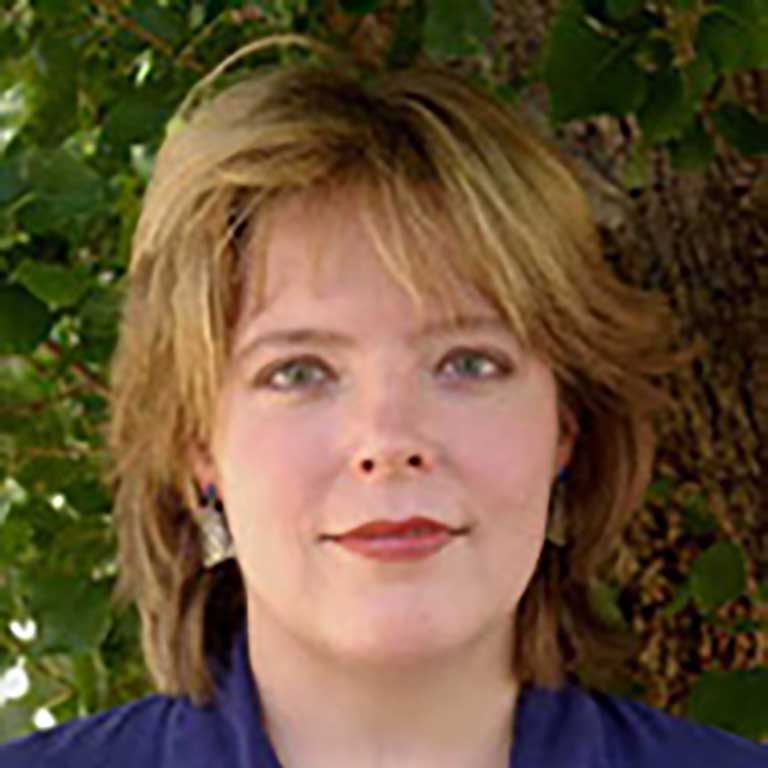This fall, Professor Lessie Jo Frazier’s class AMST-A 201: Democracy and Dissent will explore a historic time period that 19th century progressive reformer Jane Addams called “a fatal drifting apart.” The course will connect history to present-day using the multidisciplinary lens of American Studies.
What is American Studies? How will students use the AMST “lens” to study the course material?
Frazier: American Studies is an interdisciplinary field that looks at American society and culture in a broad way. We’re interested in how people at a given moment in history can tell us bigger things about the culture, diversity, and struggle that we see across the American experience.
This course starts in the past, in a moment where people really thought that the U.S. was coming unglued: the late nineteenth century. Jane Addams, who’s often seen as the founder of social work, called this time a “fatal drifting apart.” She saw the divisions in society as so terrible that she was worried the whole project of America would come unglued. We’re going to ask how people thought about democracy then and how that can help us think about democracy now.
What type of students would you encourage to enroll in this course?
Frazier: I hope to draw from as wide a pool of students as possible - people with different kinds of political perspectives and life experiences - because that will make the class more interesting for us. I really hope for a range of students and majors.
How would you explain the connection between activism and dissent and the 2020 Themester topic of democracy?
Frazier: The fun of the course is that we get to explore the lives of some feisty people who challenged the ideas of their time.
It’s great to have a course centered around interesting people - people like anarchist Emma Goldman or the religious activist Dorothy Day, who founded the guest houses for workers and poor people and then became an anti-nuclear activist in her later years. We’re looking at religion and democracy, we’re looking at ideas about sex and free love in democracy, and we’re looking at lively, compelling people.
What expectations do you have of students enrolled in the class?
Frazier: We are interested in asking questions that don’t have easy answers and creating a space for disagreement, so people who want to know answers and to be very certain about what those answers are might be frustrated in this class. Students need to be willing to read and watch and to have a very discussion-based class.
We’ll read sources written by people at the time and analyze what they had to say about their world, and we’ll also read things written by modern people. The latter part of the course will really be about students’ own projects and their vision of how they want IU students to think about democracy and dissent, especially in an election year.
You’ve published on gender, human rights, activism, and feminist ethnography. How will your research come into play in this class?
Frazier: I have a couple of projects that are really related to this topic. In June, my second book will come out and it is on the idea of desire and political culture, so the relationship between sex and politics - not only in terms of sexual practices and acts but also in terms of the passions that people bring to political culture, how they become mobilized, and how they become disaffected and withdrawn from political conflict. In that way the book is very much connected to the topic of democracy and dissent.
Why is it important for students to take this course?
Frazier: I think this year’s Themester is meant to complete the university’s mission of contributing to an informed and active citizenry - people who care about the status of democracy in our society.
I also think now is a good time to go back to another moment where people thought that the U.S. as a project was in danger of falling apart - that the divisions were so great that there wasn’t a way to move forward.
We’re also going to look at people who were trying to imagine new ways to move forward, like the anti-lynching activist Ida B. Wells, who was willing to promote journalism that found a way out of an impossible, brutal situation.
What knowledge or skills will they gain?
Frazier: Students will work on presentation, argumentation and evidence. These are skills that’ll be useful in whatever job they have, and hopefully with a college degree, people will have jobs that ask them to find information and articulate arguments persuasively with evidence.
What do you expect to be the most engaging or exciting assignment in this course?
Frazier: The last month of the course is devoted to student projects. They get to think about what kinds of knowledge and questions IU students should have about democracy and dissent and how to get the word out there. Lots of times, students do podcasts, websites, or YouTube videos. They are required to do something that’s public, accessible, and available where they offer their own provocations.
View this course
View Themester courses
Learn about the Democracy minor



 The College of Arts
The College of Arts